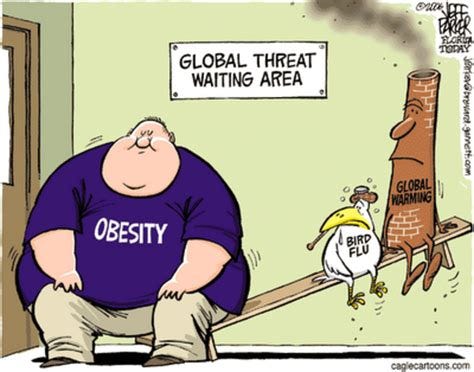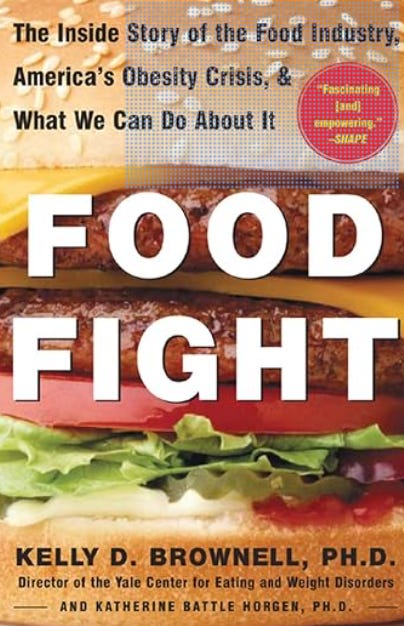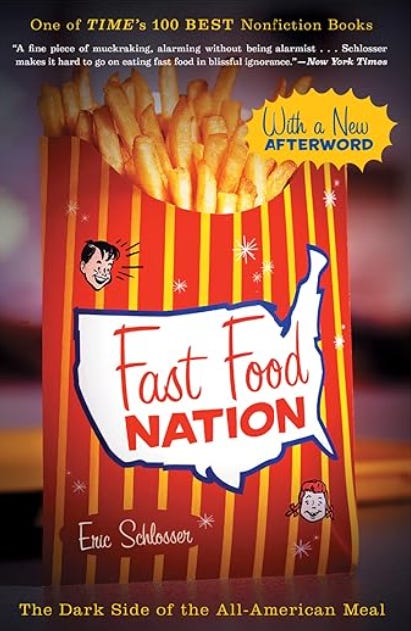
Global obesity rates have skyrocketed in the past 50 years. This alarming trend has created a public health crisis of such proportions, that it’s referred to as an epidemic. But what's causing this dramatic shift?
In the U.S. alone, 50% of adults that are considered obese and 25% are classified as severely obese, a fact that strains the healthcare system to the order of $1.72 trillion directly or indirectly every year. There's no solution on the horizon; not the way we’re set up presently with lifestyles.
Where It’s Leading
A study titled The Origins of the Obesity Epidemic in the USA links ultra processed foods to the issue. You know, foods with high content of calories, salt, sugar, and fat. That makes sense, but now we're seeing something else happen, something strange. The Canadian Family Physician paper says there's clear evidence that shows just eating less and moving more would not solve the obesity crisis—an extremely puzzling statement.
The authors feel that there are other contributing factors to the obesity equation, like insufficient sleep, psychological stress, medications, fatigue, chronic pain, and genetics. Sure, they're part of the problem, but they're not the main issue behind obesity.
The implication is that obesity is a complex, chronic but treatable medical condition that’s not the result of personal failure. It’s a disease that needs to be treated medically. But this narrative is pure nonsense because it gives license to those suffering from weight issues to shirk all personal responsibility. For example, if I order pizza every night for the next two weeks, I’m going to put on quite a bit of weight. If I don’t do so, I stay healthy. See how personal responsibility works?
Lifestyle changes of whole foods and exercise are the proven solution to the obesity crisis. This has always been so. Where people fail is when willpower is underdeveloped, but you can develop good habits that lead to positive changes. Willpower is a just a set of habits to be cultivated to a successful conclusion.
Science Is Confused
There's a 2023 CBS News article that says scientists don't agree on what caused the dramatic increase in obesity. Our best and brightest scientists can't agree on simple issues like this anymore. They don’t see a fast food outlet on many street corners. They can’t connect the dots that junk food, fried food, garbage food is not helping us? This is a universal problem so plainly obvious, a child could make the connection. Even so, there’s some good books that tell a truthful story about this epidemic:
Food Fight: The Inside Story of The Food Industry, America's Obesity Crisis, and What We Can Do About It
Fast Food Nation: The Dark Side of the All-American Meal
Sleight of Hand
The Family Physician paper also gives a deceptive sleight of hand. It says 2/3 of people who lose weight will regain it within one year and almost all of them will regain it within five years. The unspoken part is that most people use extreme methods to lose weight, which is why they fail. This is a crafty and negative way to say, look, weight loss isn't going to work because methods are excessive.
If we examine the positive angle, weight loss doesn’t depend on extreme diets, on constantly weighing and measuring foods, or on excess physical activity. Just use a consistent, moderate approach to movement and eat in a healthy manner. It’s that simple.
Drugs Are Not The Solution
Some pharmaceuticals work for weight loss in the short-term, but have a long-term dark side. USAToday says the new medications—Ozempic, Wegovy and Mounjaro—can help someone lose 15% to 20% of their body weight, yet common side effects of these GLP-1 receptor agonists–nausea, diarrhea, vomiting and constipation–can be significant.
The drugs also come with a warning that they may increase the risk of thyroid cancer, acute pancreatitis, gallbladder disease, low blood sugar, kidney injury, damage to the eye's retina and suicidal thinking or behavior. No big deal when people are on these weight loss drugs for the rest of their lives, right? And if you don’t like the side effects and quit, you’ll likely regain your former weight!
Be Honest With Yourself
Look in a mirror. If you don't like what you see, then be honest about the truth that’s staring back at you. If your body's collecting plenty of fat tissue, that's the proof that you need to do a change. Nobody's trying to shame you; the mirror tells the story.
There are myriads of studies, over decades, that back up what I say. Generally I’ll agree that obesity is a disease, in that it's metabolically unhealthy and is a gateway to other diseases. But I disagree that personal responsibility doesn’t work.
The truth is, for most people, obesity is just a self-inflicted wound. There's a small genetic component, but it's very small, like 1% or less. Many medical experts won’t like hearing that. They’re convinced that altering the effect of obesity with pharmaceuticals is the answer; a frightening thought since medicine is the third leading cause of death today.
Why not just change the cause to alter the effect? Why not just alter your lifestyle—a best practice treatment—to regain abundant health? The choice is glaringly obvious!
Your presence here is greatly valued. If you've found the content interesting and useful, please consider supporting it through a very cost-effective paid subscription. While all our resources are freely available, your subscription plays a vital role. It helps cover some operational costs and supports the continuation of this independent, unbiased research and journalism work. Please make full use of our free library.
If shy about commitments, feel free to leave a one-time (coffee jar) tip below!











